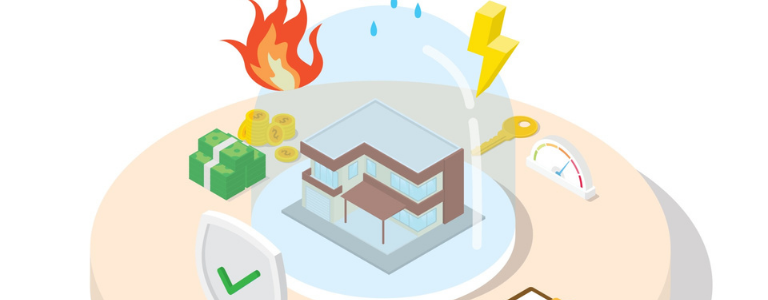It seems like there is a different insurance policy for everything these days. How is a board to choose with so many options? And, what do all these policies do for the association?
In this article, we’ve divided the types of insurance associations should have into three categories: insurance essentials, other necessary insurance types, and important insurance considerations. With this reference guide, the board can get a good start at the process of picking the policies it needs to help protect its association financially.
HOA Insurance Essentials
First, let’s cover the two main types of insurance that every association needs: commercial property insurance and general liability insurance.
Property insurance provides coverage for the association’s buildings, possessions, and equipment, such as its clubhouse, pool, playground, gym equipment, and computers. Property insurance coverages will typically protect against fire and theft, along with other types of perils named on the policy.
A liability insurance policy helps protect the association in the event that the association is found liable for injury to a third party or damage to a third party’s possessions. However, most liability insurance policies only cover liabilities caused by negligence. So, the injury, damage, or loss must be caused by carelessness rather than any intention on the HOA’s part to cause injury, damage, or loss. For instance, if a child is injured at the pool, and the HOA is found liable, the liability insurance policy should help cover medical bills for the child and court costs.
As a note, community associations will purchase commercial property and liability insurance policies, not personal ones, because HOAs are considered businesses.
Other Insurance Necessities
On top of obtaining a commercial property insurance policy and a commercial liability insurance policy, there are other important types of insurance community associations need. Below are some of the most common.
Commercial Umbrella Coverage
The association should maintain an umbrella insurance policy to protect itself financially if it has an insurance claim that exceeds the coverage limits of its liability insurance policy. Umbrella coverage kicks in if the regular liability insurance policy is used up on a claim without covering the full amount of the claim. It is designed to cover these leftover costs up to the limit of the umbrella insurance policy’s coverage.
Directors & Officers Coverage
Another important coverage for community associations is directors and officers insurance. This is a type of liability insurance that works to protect official association volunteers and employees if they are sued because of something they did or didn’t do in their role in the association. For instance, if a homeowner sues the HOA’s architectural control committee members as individuals for wrongfully declining an ACC request, directors and officers coverage should kick in to help cover legal costs for the architectural control committee members.
Fidelity Insurance
Fidelity insurance, also known as crime insurance, helps protect the association from crimes committed by HOA employees and volunteers against the association. So, if the HOA’s treasurer embezzles funds, or the social committee chair steal funds from the community’s charity bake sale, fidelity insurance should help the HOA recoup these losses.
Workers’ Compensation Insurance
Workers’ compensation insurance, another essential type of insurance for HOAs, helps cover medical costs and lost wages for HOA volunteers and employees who are injured while completing work for the HOA or who become ill due to a disease related to their work.
When selecting a workers’ compensation policy for your association, make sure it covers volunteers as well as officers and paid employees. With this coverage in place, if a volunteer homeowner is injured hanging holiday decorations or planting flowers in the common areas, the workers’ compensation policy should kick in for them as it would for board members and paid employees.
Cyber Insurance
In the digital world we live in today, a cyber insurance policy is very valuable for your association as well. Many associations have websites with homeowner portals and use online programs to track the association’s financials and homeowner payments.
A cyber insurance policy can help the association protect this sensitive information by providing the funds for recovering lost information, protecting homeowners’ identities if their sensitive information is compromised, replacing funds lost due to cyber theft, and more.
Other Considerations
On top of the insurance essentials we’re already covered, there are a couple other types of insurance that may be important for your association according to its location and specific needs.
Flood Insurance
First, let’s touch on flood insurance. If your association is in an area that is prone to flooding, your association should consider getting a flood insurance policy. As coverage for flooding is typically not included in a general property insurance policy, your association will not typically have any coverage for this type of peril unless you specifically purchase it.
Earthquake Insurance
Earthquake coverage is another type of coverage typically not included in a standard property insurance policy. If you live in an area where earthquakes are more likely to occur, then the association should look into purchasing a separate earthquake insurance policy.
Commercial Vehicle Insurance
If the association owns a vehicle, then commercial vehicle insurance coverage will be needed. This type of coverage works like your personal car insurance policy to both help pay to repair or replace your vehicle if it is damaged and to cover any damage to other vehicles or injuries to any persons caused by the HOA’s vehicle.
When shopping for a commercial vehicle insurance policy, check that the policy offers enough coverage for both liability in collisions and for repairs on your vehicle.
Hired & Non-Owned Auto Insurance
If the association does not own a vehicle, but association employees and volunteers drive their own vehicles to complete work for the association, such as violation drives and transporting decorations and tables for events, a hired and non-owned auto insurance policy would be helpful to protect the association in case it is found liable for a collision caused by one of its volunteers or employees.
Hired and non-owned auto insurance is intended to pay for costs not covered by an HOA employee’s or volunteer’s personal auto policy in the event of a collision if the collision occurred while the employee or volunteer was doing work for the association. So, it helps protects the HOA from having to pay out of pocket for damages and injuries it may be found liable for.
Hired and non-owned auto insurance only kicks in after personal auto policy coverage limits are used up, and it only helps with liability coverage. So, if the employee’s or volunteer’s personal vehicle was also damaged in the collision, the hired and non-owned auto policy would not cover the cost of the repairs to the HOA employee’s or volunteer’s vehicle, or injuries sustained by the HOA employee or volunteer.
Event Insurance
Lastly, your community association should consider purchasing event insurance if it hosts community parties and events outside of its normal activities, especially if outside guests are permitted to attend.
So, for instance, while an association typically would not need event insurance for its board meetings and annual meeting, it should generally purchase event insurance for a back-to-school pool party or carnival event. If an event includes potentially dangerous activities, like sports, bouncy castles, alcoholic beverages, or swimming, this is a sign that event insurance should be considered.
Event insurance will provide liability protection in case members, residents, or their guests are injured at the event. Event insurance only lasts for a specified number of days (so, the duration of a specific event), and it is needed because most general liability policies will not cover the association in the more dangerous situations presented by parties and other events.
That’s it for the basics of different insurance policies that are important for HOAs to maintain. If you have any questions about your association’s specific needs, don’t hesitate to contact a Blue Lime agent. We’d be excited to help!





